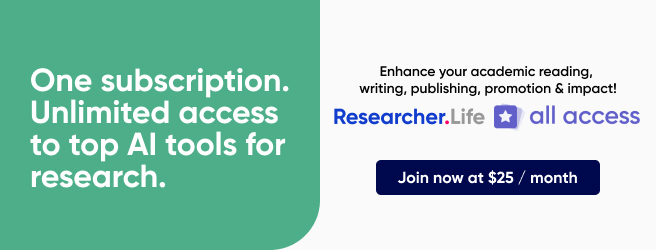Data cleaning strategies for large-scale biomedical datasets: Challenges and solutions

Data analysis is the backbone of biomedical research, and ensuring its cleanliness and accuracy is crucial for drawing reliable conclusions and making meaningful discoveries. In this blog post, we'll explore the challenges we often face during data cleaning and present some user-friendly solutions.
What is Data Cleaning?
Data cleaning, also known as data cleansing or data scrubbing, is the process of identifying and correcting errors, inaccuracies, and inconsistencies in datasets. In biomedical research, it involves working with large volumes of diverse data types, such as clinical records, genomics data, imaging data, and more. The main goal of data cleaning is to produce high-quality, reliable data that can be used for analysis and research purposes.
Challenges and Solutions in Data Cleaning for Biomedical Datasets
1. Missing Data
Biomedical datasets often suffer from missing values due to various reasons, such as incomplete patient records or technical errors during data collection.
Solution: One approach is imputation, where missing values are estimated based on the available data. For instance, let's say we have a dataset of patients' cholesterol levels, but some entries are missing. By using statistical techniques, we can estimate the missing cholesterol values based on factors like age, gender, and other related data.
2. Outliers
Outliers are data points that deviate significantly from the rest of the data. They can distort our analysis and lead to erroneous conclusions.
Solution: Identifying outliers and deciding how to handle them is essential. In biomedical research, outliers might be the result of data entry errors or genuine extreme values. Visualizing the data through plots and using statistical tests can help us determine whether to remove or adjust these outliers appropriately.
3. Data Inconsistency
Biomedical datasets often come from various sources or centers, making data consistency a challenge. For example, one dataset may use the term “RBC count” while another may use “red blood cell count” and a third may use “erythrocyte count”.
Solution: Standardizing data formats and values is crucial. Employing regular expressions or string-matching algorithms can help identify and correct inconsistencies in data.
Effective Data Cleaning Strategies
1. Automate Where Possible: Automating data cleaning processes can save time and reduce human error. Use tools like Python or R scripts to write data cleaning algorithms. For instance, the pandas library in Python offers various functionalities for handling missing data, outliers, and data standardization.
2. Collaborate with Domain Experts: Working with domain experts helps in understanding the data and domain-specific challenges better. For example, collaborating with clinicians when cleaning clinical datasets ensures that data is cleaned with clinical relevance in mind.
3. Version Control: Data cleaning can be an iterative process. Version control systems like Git allow you to track changes and revert back to previous versions if necessary.
4. Data Visualization: Visualizing the data before and after cleaning can provide insights into the effectiveness of your data cleaning strategies. Tools like matplotlib or ggplot in R can help create informative visualizations.
Conclusion
Data cleaning is an essential step in the journey of turning raw data into meaningful discoveries in biomedical research. By addressing challenges such as missing data, outliers, and data inconsistency using effective strategies, we can ensure that our data is of the highest quality, leading to more robust and reliable research outcomes.
Looking for further support in cleaning and analyzing your data? We’ve got you covered, under Editage’s Statistical Analysis & Review Services.
Comments
You're looking to give wings to your academic career and publication journey. We like that!
Why don't we give you complete access! Create a free account and get unlimited access to all resources & a vibrant researcher community.

Subscribe to Conducting Research













